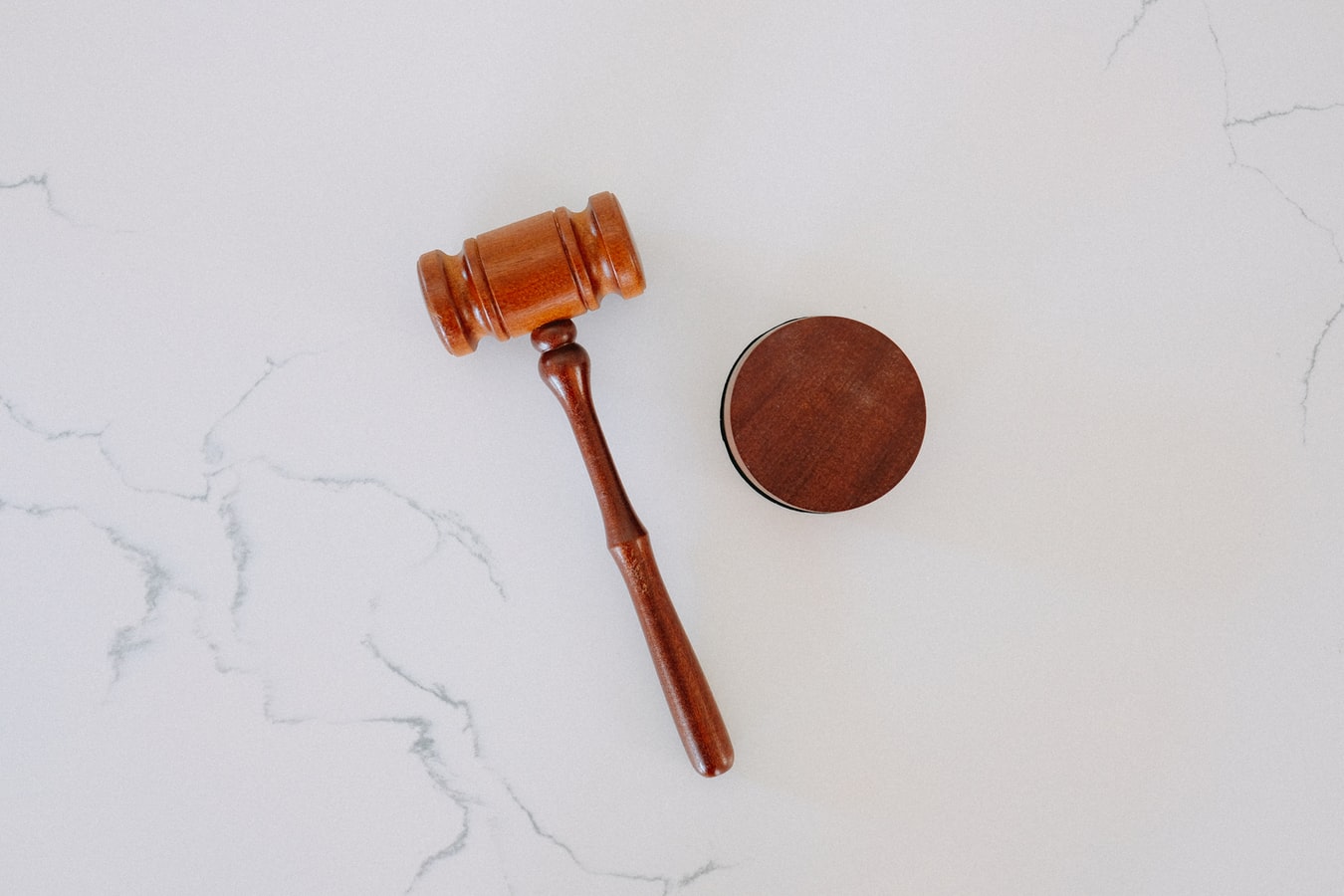In today’s media-driven world, the role of public relations (PR) in the legal field has become indispensable. Legal public relations—once a peripheral concern—has now evolved into a core component of legal strategy, one that can significantly impact the outcome of high-profile cases, influence public perception, and shape the reputations of law firms and individual attorneys. Legal PR professionals have become essential allies in a litigious society where the courtroom is not the only arena for justice; the court of public opinion is equally powerful.
5WPR Insights
The Blurring of Legal and Public Relations Boundaries
The intersection of law and PR is becoming increasingly complex. In a time when information spreads rapidly through digital platforms, an attorney’s ability to control the narrative surrounding a case is no longer confined to legal arguments alone. Media coverage, social media platforms, and public opinion can all have an outsized influence on the course of a trial, especially in cases that attract significant public attention.
Legal PR has moved from being a reactive tool used to manage crises to a proactive one that anticipates challenges, addresses potential reputational risks, and positions legal professionals strategically in the eyes of the public. Whether it’s defending a client’s reputation during a criminal trial, managing sensitive issues in civil litigation, or handling the fallout from a corporate scandal, PR is now integral to shaping outcomes.
For instance, the “trial by media” phenomenon has become a central issue in high-profile cases. The media’s ability to amplify stories, often sensationalizing aspects of a trial, can influence potential jurors and public opinion even before a verdict is delivered. A well-executed legal PR strategy can mitigate the potential damage caused by biased or incomplete reporting. Legal PR professionals can shape the narrative by emphasizing key facts, presenting information in a digestible manner, and responding to media inquiries with tailored messaging.
Managing Reputation: A Key Function of Legal PR
Reputation management is a cornerstone of legal public relations. In many legal cases, the focus is not just on winning in the courtroom but also on protecting or rebuilding a client’s public image. A favorable public image can make the difference between success and failure, especially for corporations, public figures, or celebrities who rely heavily on their reputations.
Take, for example, the 2014 case of the controversial “ice bucket challenge” lawsuit, in which the ALS Association faced a legal challenge regarding the use of funds. While the case was still ongoing, the public relations team was quick to reassure donors, the media, and the public that the organization was committed to transparency and accountability. The swift, well-managed response helped the ALS Association maintain its reputation despite the legal proceedings, which ultimately helped them raise millions of dollars for their cause.
Similarly, in the context of criminal defense, the reputations of attorneys are closely tied to the success of their clients. When an attorney represents a high-profile individual or organization, their own brand can be bolstered or tainted by association. A legal PR professional can help manage these perceptions, ensuring that the focus remains on the client’s innocence or the legal strategy, rather than on sensationalized rumors or media gossip.
Legal PR in Crisis Management
One of the most significant aspects of legal PR is its role in crisis management. When a legal matter escalates to the point of public scrutiny, it’s vital that legal teams have a comprehensive communication plan in place. Legal PR professionals help control the narrative during moments of crisis, ensuring that the messaging aligns with the legal team’s strategy and goals.
Consider the case of the 2017 Harvey Weinstein sexual abuse allegations. Not only was Weinstein facing criminal charges, but his reputation was also severely damaged in the public eye. His legal team’s PR strategy aimed at containing the fallout and minimizing public backlash was a critical component of their defense efforts, even if it ultimately failed to prevent Weinstein’s legal demise.
In the case of corporate scandals like Volkswagen’s “Dieselgate,” the company’s legal PR response was under intense scrutiny. The company’s failure to adequately manage its public relations in the aftermath of the emissions scandal exacerbated its legal troubles. The importance of a strong, transparent PR strategy cannot be overstated when dealing with issues that involve both legal liability and significant reputational damage.
Ethics and the Legal PR Profession
While legal PR offers numerous advantages, it is not without its ethical challenges. Legal professionals must balance the needs of their clients with the broader public interest and ensure that their communication strategies do not cross ethical lines. This is especially important when it comes to issues like jury tampering, misleading statements, or defamation.
Public relations professionals in the legal field must walk a fine line between advocacy and manipulation. A key ethical consideration is ensuring that the PR campaign does not distort the facts or attempt to influence the legal process improperly. This is particularly pertinent in criminal cases, where the temptation to sway public opinion in favor of a client can lead to actions that violate the integrity of the legal system.
The PR professional’s duty is to work in tandem with the legal team, providing counsel that helps frame the case within the boundaries of truth and fairness. Transparency, accuracy, and honesty are paramount.
Conclusion
The growing importance of legal PR cannot be overstated. As the media landscape continues to evolve and public opinion becomes an even more influential factor in legal matters, legal teams must recognize the importance of strategic communication. A strong legal PR strategy can help mitigate reputational risks, support a case’s legal arguments, and help attorneys manage public perception in ways that enhance their clients’ outcomes. As the line between law and public relations continues to blur, those who can navigate both worlds will hold a distinct advantage in the court of public opinion.

More PR Insights
Building A Comms Strategy For Limited-Time Beta Access
Messaging Frameworks For Brand Expansions Into New Markets
How to Position a Legacy Brand for Modern Audiences